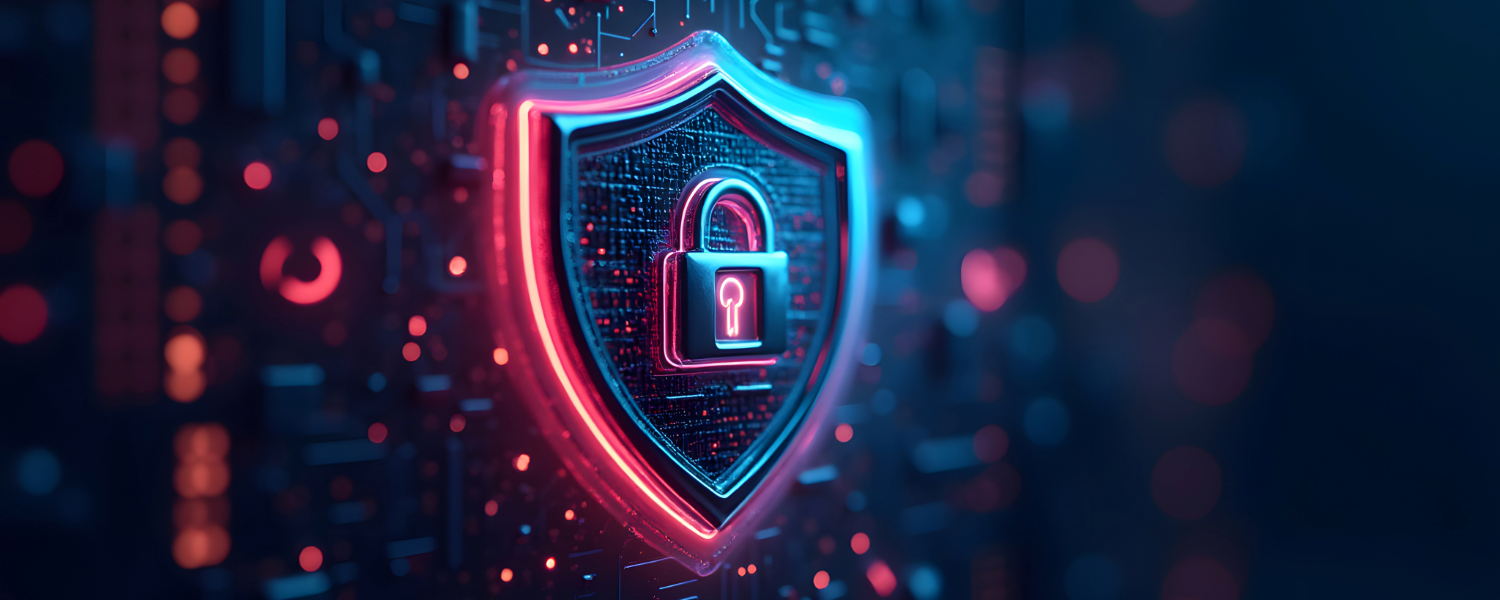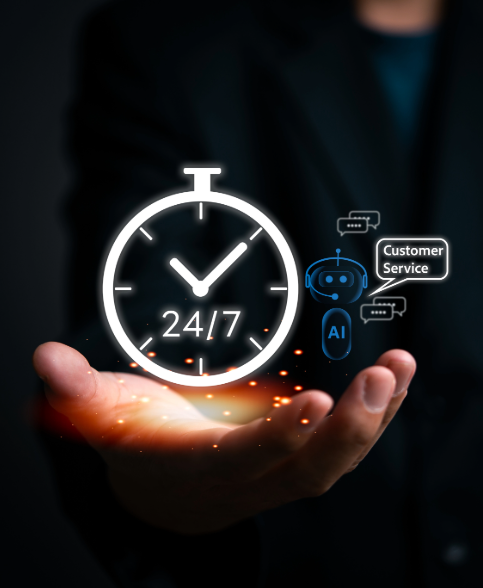AI and Digital Security: Protecting Activists Online
In an era where digital activism plays a crucial role in driving social change, the online safety of activists has become increasingly paramount. With threats such as cyberbullying, hacking, and surveillance looming large, ensuring the digital security of individuals advocating for human rights and social justice is critical. Artificial Intelligence (AI) has emerged as a powerful ally in this domain, offering innovative solutions that safeguard activists from cybersecurity threats and enhance privacy measures. This article explores the ways in which AI helps protect activists online, ensuring that their vital work can continue without compromising their safety.
1. Detecting Cybersecurity Threats
AI technologies can significantly enhance the ability to detect and respond to cybersecurity threats targeting activists. By employing machine learning algorithms, AI systems can analyze patterns in network traffic and user behavior to identify unusual activities that may indicate potential security breaches or cyber attacks.
For instance, AI-driven intrusion detection systems (IDS) continuously monitor network traffic and analyze it in real-time. When the system detects anomalies—such as unusual login attempts or access to sensitive files—it can automatically alert the user or organization, allowing them to take proactive measures to mitigate risks. This capability is particularly valuable for activists who may be targeted by malicious actors due to their advocacy work.
Furthermore, AI can analyze vast amounts of data from various sources, such as social media and forums, to identify emerging threats or tactics used by cybercriminals. By staying ahead of potential threats, activists can better prepare their digital defenses and protect their sensitive information.
2. Enhancing Privacy Measures
Maintaining digital privacy is essential for activists, especially when they work in oppressive environments where their safety might be at risk. AI plays a critical role in implementing and enhancing privacy measures across various platforms and tools.
For example, AI can help optimize encryption techniques that secure communication channels, such as messaging apps and email services. By leveraging advanced encryption algorithms, activists can protect their communications from unauthorized access, ensuring their conversations remain confidential.
AI can also assist in managing online privacy settings. Tools powered by AI can analyze social media profiles and personal data to recommend adjustments that enhance privacy. This includes identifying and mitigating information sharing on public platforms, ensuring that activists retain control over their online identities.
3. Automated Threat Response
AI can facilitate automated responses to cyber threats, streamlining security measures and enhancing the overall resilience of digital systems. For example, AI-powered security systems can automatically block suspicious IP addresses or take down fraudulent applications and websites designed to target activists.
By automating these responses, organizations can reduce the time it takes to address threats, allowing activists to focus on their advocacy work without being bogged down by cybersecurity concerns. Quick responses to threats can significantly diminish the likelihood of data breaches or harassment that can result from cyber attacks.
4. Data Loss Prevention
For activists, the loss of critical data—such as sensitive information about ongoing campaigns, contacts, or research—can be detrimental. AI-driven data loss prevention (DLP) tools help organizations monitor and safeguard sensitive information against unauthorized access or leaks.
These tools can analyze data usage patterns and flag any abnormal behavior that may indicate data theft or inadvertent sharing. By implementing AI-based DLP systems, activists can ensure their information remains protected and that sensitive materials are only accessed by authorized individuals.
5. Training and Awareness
AI can also enhance the digital security awareness of activists by providing tailored training programs. AI-driven platforms can assess the knowledge and skills of individual users and recommend training materials that address identified gaps in cybersecurity awareness.
These training programs can cover various topics, such as secure online behaviors, recognizing phishing attempts, and using encryption tools effectively. By strengthening the cybersecurity knowledge of activists, AI empowers them to protect themselves proactively from potential digital threats.
6. Anonymization and Secure Browsing
To further safeguard the identities of activists, AI can facilitate tools that promote anonymity while navigating the web. For example, AI-driven VPNs (Virtual Private Networks) can obscure a user’s real IP address, enhancing security by masking their online activity from third parties.
Moreover, AI can support the development of anonymization tools that protect sensitive data and user identities. By ensuring secure browsing and protecting privacy, activists can operate with greater confidence and reduce their exposure to potential threats.
Conclusion
As activists increasingly rely on digital platforms to advance their causes, the significance of robust digital security cannot be overstated. AI technologies offer powerful solutions that help safeguard the online presence of activists by detecting cybersecurity threats, enhancing privacy measures, and facilitating secure communication. By leveraging AI in their digital security strategies, activists can focus on their vital work without fear of compromising their safety or the integrity of their missions. As the landscape of digital activism continues to evolve, harnessing AI responsibly will play a key role in protecting those who advocate for change and social justice around the world.



